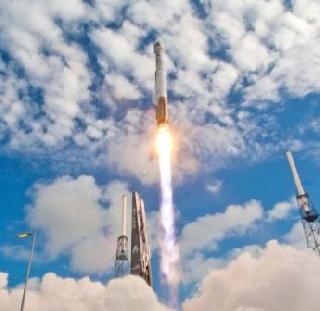
A National Reconnaissance Office payload was successfully launched aboard a Atlas V rocket from Space Launch Complex-41, Cape Canaveral Air Force Station (CCAFS), Florida, on June 20, 2012. Photo: NRO.
CENTENNIAL, COLORADO (BNS): United Launch Alliance (ULA) successfully launched the 50th commercially developed Evolved Expendable Launch Vehicle (EELV), following the deployment of the National Reconnaissance Office's NROL-38 mission on Thursday.
Developed by the United States Air Force to provide assured access to space for Department of Defence and other government payloads, the EELV Programme -comprised of the Atlas V and Delta IV launch vehicles - supports the full range of government mission requirements, while delivering on schedule and providing a 33 percent cost savings over the heritage launch systems.
The EELV systems were designed to optimize the cost for the entire national security space mission model. The Air Force is currently implementing a new acquisition strategy that responds to current budget challenges, ULA said in a statement.
The new EELV acquisition strategy proposes maximizing savings associated with launch by leveraging more cost- effective U S government buying practices, while enabling new entrants to become certified for launch.
"A properly sized economic order quantity buy for launch services enables continued success and reliability, maximizes cost reduction, allows opportunity for new entrants as they mature, and stabilizes a critical supplier base and workforce," said Michael Gass, ULA president and CEO
"This buying approach represents the greatest potential acquisition savings for the EELV Program and the U S Government."
The EELV Programme development was initially contracted in October 1998, and both the Atlas V and Delta IV launch vehicles were conceived, designed and developed in just four years with the first flight of an EELV occurring in August 2002.
"Although the EELV Programme was created by the Air Force, the Atlas V and Delta IV launch vehicles were designed and developed by Lockheed Martin and The Boeing Company, respectively, and the companies contributed 80 percent of the development funding," said Gass.
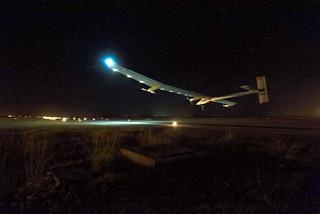 Previous Article
Previous Article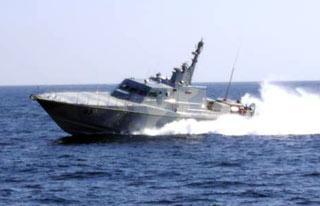 Next Article
Next Article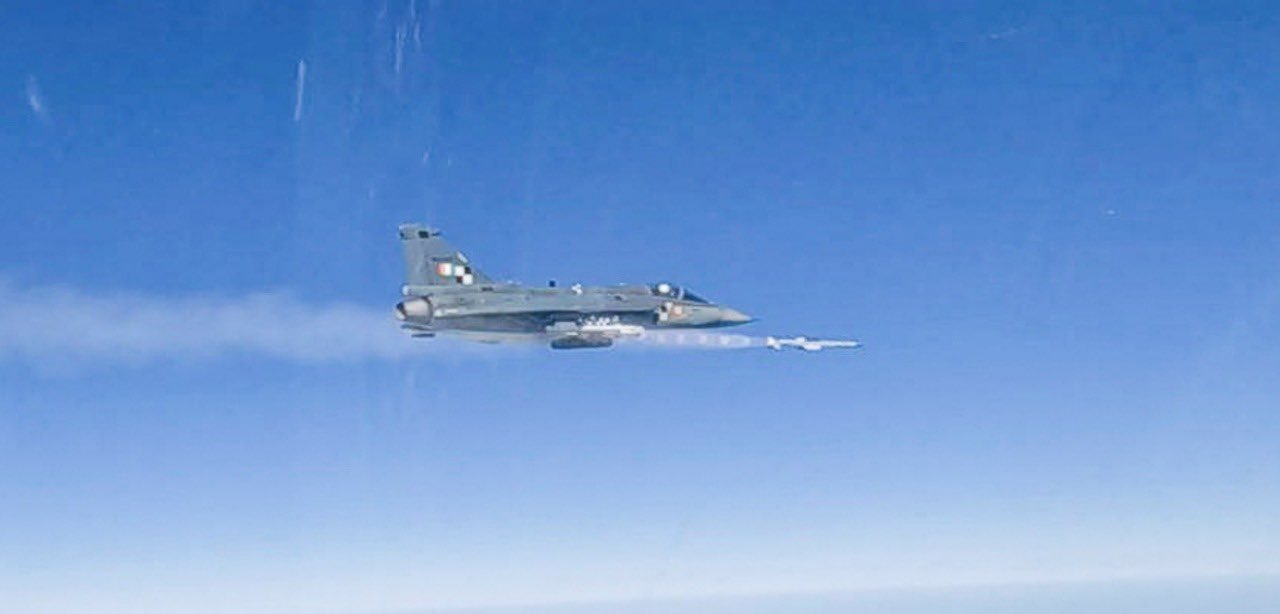
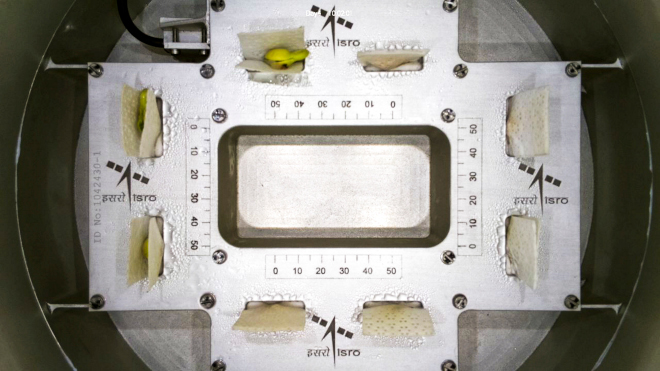












The Indian Air Force, in its flight trials evaluation report submitted before the Defence Ministry l..
view articleAn insight into the Medium Multi-Role Combat Aircraft competition...
view articleSky enthusiasts can now spot the International Space Station (ISS) commanded by Indian-American astr..
view article